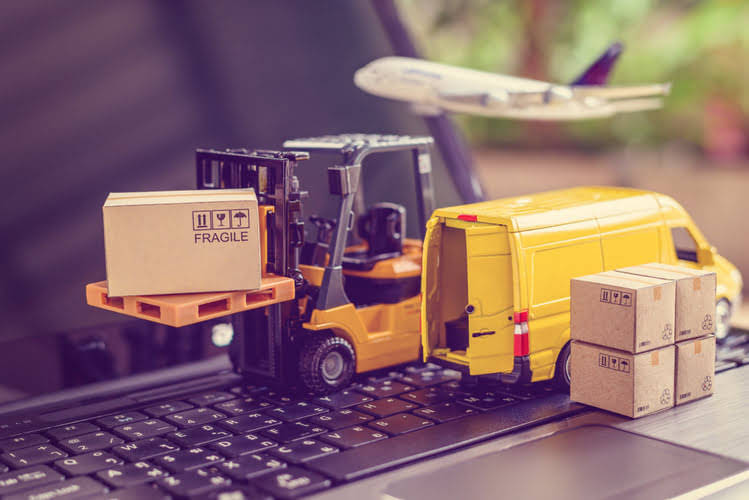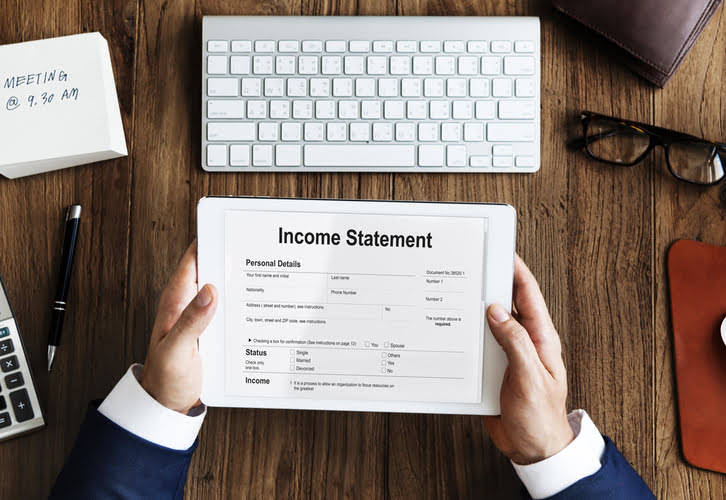
Taking the time to plan will make cleanup faster and less expensive. It might have seemed efficient to have invoices sent directly to one department, billing statements to another, expense reports to still another, and so on. It is far more important that one person at the company be responsible for receiving and distributing all source documents related to your finances. Once each document is accounted for, you can send it (or a copy) quickly to its final destination. Consistently assessing your accounts payable (AP) and accounts receivable (AR) is key to keeping your business running smoothly. It helps you spot discrepancies, errors, cost-saving opportunities, and areas where you can grow your income.
Bookkeeping basics: A guide for small businesses

Clean-up bookkeeping is essential for rectifying errors, ensuring compliance with accounting standards, and providing a clear picture of a company’s financial health. By meticulously reviewing and correcting financial records, businesses can enhance the reliability and accuracy of their financial statements. Accounting software offers the most robust features and automation, making it ideal for businesses with significant transaction volume or complex financial needs. Robust accounting software like QuickBooks can be invaluable during a bookkeeping clean up. Using this type of software helps ensure accuracy and efficiency by automating tasks like categorization and reconciliation.

Set clear financial goals

ReCats integrates seamlessly with your existing QuickBooks Online setup and automatically pulls uncategorized transactions from there without you having to manually do it. It then allows you to create and send automated reminders at intervals to clients to ensure they stay on top of outstanding requests to clarify the transactions. This is a clean up checklist template created by a bookkeeping firm owner, Jenny Rost, owner of Construct Bookkeeping.

A paradigm shift in the accounting activities
The core objective of the bookkeeping process is to guarantee the completeness and accuracy of your client’s financial records. Regularly reconciling your clients’ accounts guarantees the accuracy of this statement. Additionally, disorganized financial records can mask a business’s actual financial performance. This lack of clarity can lead to poor management decisions, as these are often based on the business’s economic data. Without accurate records, a company might underestimate expenses, overestimate revenue, or miss out on critical financial trends and indicators. Your finance team will build a proper bookkeeping document checklist, reconcile accounts, and evaluate financial statements to ensure your business is on the right track.

Emergency bookkeeping cleanup services project checklist
Accurate bookkeeping is the key to getting a clear picture of your business’s health. A cleanup doesn’t just tame the clutter; it empowers you to understand your cash flow cash flow, identify areas for growth, and ultimately, take control of your financial future. Reclaim valuable time and energy as your dedicated expert bookkeeper handles your financial tracking and maintenance. With accurate and up-to-date records, you can confidently focus on scaling your business. The best part is that you do not have to create one whenever you need to do a QuickBooks online cleanup.
Dedicated Expertise
If you notice any unusual items or trends, you should include comments or questions when you send them the report. If you are working with an electronic file, you will need to download the information from the client’s financial institutions or wait for your client to send you PDFs each month. Ensure you have the most recent information and good data before beginning the process. As a bookkeeper, it’s your responsibility to keep your clients’ books in order. If any invoices remain unpaid or disputed, contact customers to clarify outstanding balances and determine a resolution.
- You may have to manually add transactions that are not in your accounting software to ensure that you can successfully reconcile your bank statement.
- Record any omitted entries in your books for the correct accounting period.
- A little catch up bookkeeping now can save you big bucks down the road.
- Whether you’re running your business solo or managing a small team, we take the stress of bookkeeping off your plate, so you can focus on growing your business.
- This is especially useful when working on large or complex client files, as it keeps everyone aligned and ensures consistency.
- If your greatest discovery during this process is that you don’t have the time, energy, or knowledge to do this on your own, it’s time to outsource your bookkeeping.
Cleaning up an accounting mess can be a challenging but essential task for accountants to ensure accurate financial records. The process involves several steps and careful attention to detail. Cleaning up your books will include reviewing and organizing financial records and transactions to ensure accuracy, completeness, and consistency in financial reporting. A seasoned team will be assigned to you and review your financial records with a fine-tooth comb to ensure accuracy and reliability. They will reconcile accounts, review transactions, remove duplicate transactions, purge old records, and ensure everything is backed up. Ensuring that your bank statements match your recorded transactions helps identify discrepancies and potential errors in your financial records.
- The next step is to generate and review the financial reports to confirm that everything is accurate and balanced.
- Ultimately, the decision of DIY versus hiring a professional depends on your specific situation, budget, and comfort level with bookkeeping.
- Inventory – Review your sales and inventory regularly to ensure that you aren’t stocking up when you don’t have to.
- Your depreciation schedules are a great place to start—ensure they’re accurate and reflect the current value of your assets.
- Engagement letters clarify conditions of service, such as roles, responsibilities, payment, deliverables, and timelines.
- Double-check that all necessary tax forms are prepared and filed on time to prevent penalties and ensure smooth tax reporting.
Regular bookkeeping sessions allow you to catch small errors before they snowball into bigger problems. This also ensures your financial records are always current, making reporting and analysis much easier. As QuickBooks points out in their 12 steps for bookkeeping clean up, staying on top of your books prevents the need for real estate cash flow major cleanups.
- Schedule a free consultation with our specialists to discuss customized solutions designed specifically for your business.
- This is where the importance of a bookkeeping cleanup checklist comes into play.
- Regular bookkeeping and accurate financial reporting are essential for smart business decision-making and tax audits.
- Regular bookkeeping is the ongoing, day-to-day recording of financial transactions.
- By the end of the discussion, you’ll have the resources to approach your bookkeeping cleanup with confidence and ensure your company has a solid financial reporting foundation.
- We guide you through a hassle-free onboarding process, enabling us to easily track your revenue, monitor expenses, and manage invoices through a secure and intuitive portal.
Without bookkeeping cleanup them, you risk losing sight of cash flow, overspending, or missing critical deductions. Signs your business might need a bookkeeping cleanup include unreconciled bank and credit card statements, missing data, and unpaid invoices. Catch-up bookkeeping is a reactive process initiated when a business realizes its financial records have fallen behind and must be updated from a specific time. The process involves recording all transactions during this period, reconciling accounts, and updating financial statements.

Leave a Comment